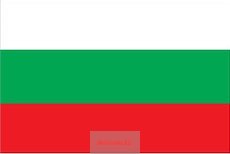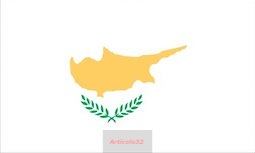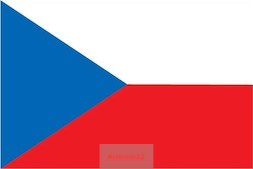
I servizi offerti dall'associazione
-
Diritto alla salute
-
Sistemi Sanitari Nazionali
Schede Informative paesi UE / EFTA"Europe is a Union of and for citizens. What matters to Europeans matters to the EU. It should come as no surprise that regular surveys and debates across the continent consistently rank health among the top priorities for European citizens. They are right to expect a high level of protection and it is up to all of us – in all the European capitals – to deliver.Today, Europe is the region of the world with the highest life expectancy. Yet this progress is slowing down, while inequalities between and within countries are widening. Citizens worry that the lives of their children will be more difficult than their own. The challenges facing our continent include climate change, an ageing population, health threats such as antimicrobial resistance, a persistent digital divide and a growing polarisation that undermines our evidence-based policies. Business as usual is not enough. The cost of inaction in health can be disastrous, in terms of both human lives and economic impact. How can we act? It all starts with a credible evidence-based approach. This is exactly the objective of the State of Health in the EU. It is an infrastructure to make health system information, expertise and best practices easily accessible to policymakers and policy influencers. This has been one of my key goals during my mandate as Commissioner, in direct response to President Juncker’s mission letter back in 2014. The European Commission has stepped up its collaboration with the Organisation for Economic Co-operation and Development (OECD) and the European Observatory on Health Systems and Policies. The fruits of this collaboration, the biennial Country Health Profiles, have become a staple of knowledge and information among the EU health policy community. This Companion Report showcases some of the biggest trends in the transformation of our health systems. Firstly, I am glad to see that the efforts for more health promotion and disease prevention are yielding positive results. However, barriers include the misconceptions and scepticism that surround vaccination, as well as the difficulties in properly harnessing the digital transformation, which can result in winners and losers. Secondly, Member States are called to ensure citizens’ timely access to affordable, preventive and curative health care of good quality, as reflected in the European Pillar of Social Rights. But how do we deliver on this promise? Do we have enough evidence to support universal access to care? Thirdly, we look at future-proofing our health systems. Here we not only put the spotlight on interesting examples of task shifting in the health workforce, but also on how to ensure the availability and affordability of medicines.It is the ultimate aim of the State of Health in the EU cycle to support Member States in constantly improving the effectiveness, accessibility and resilience of their health systems. This robust country-specific and cross-EU knowledge now feeds into both national policymaking and EU level cooperation. Many Member States are using our voluntary exchanges to follow up on this new evidence base, discussing the findings and sharing best practices. I am very proud to have initiated the State of Health in the EU cycle and I hope that my successor will continue to draw upon it to deliver on her priorities – as I firmly believe that a credible evidence-based approach remains key to our policymaking in Europe."
Vytenis Andriukaitis
European Commissioner for Health and Food Safety




























